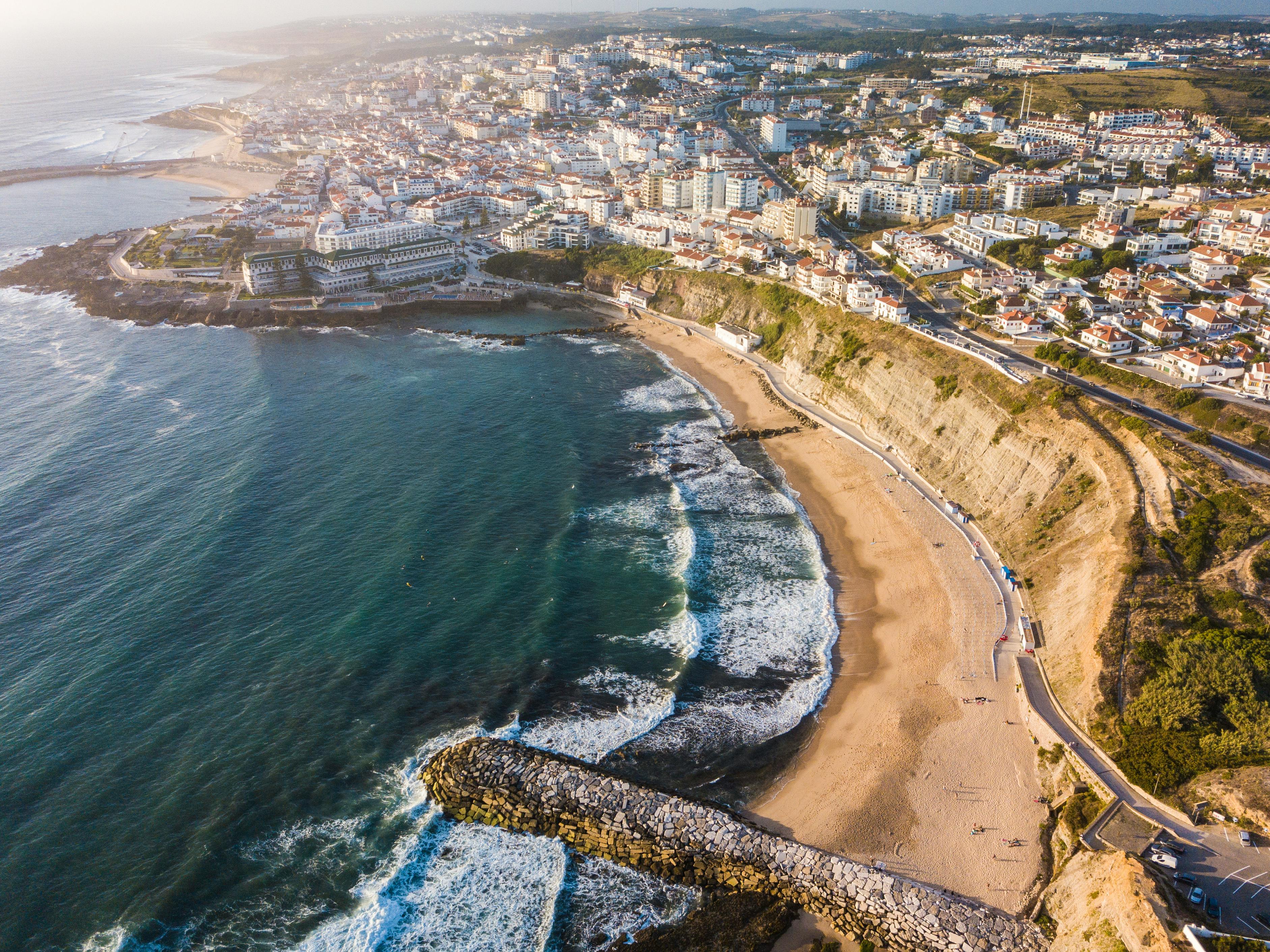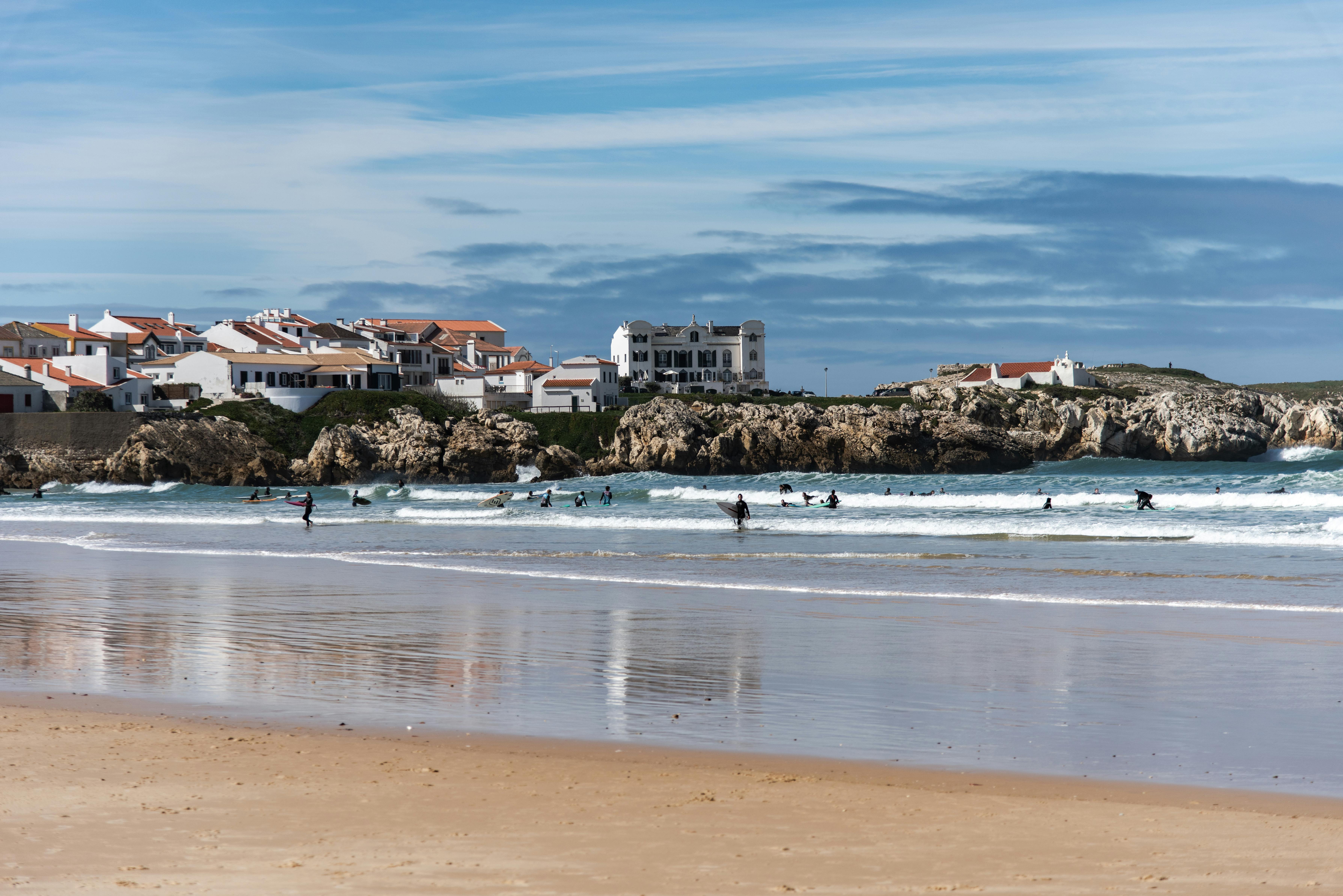Rental Income Tax Rules in Portugal for Non-Resident Landlords

- Remove the current class from the content27_link item as Webflows native current state will automatically be applied.
- To add interactions which automatically expand and collapse sections in the table of contents select the content27_h-trigger element, add an element trigger and select Mouse click (tap)
- For the 1st click select the custom animation Content 27 table of contents [Expand] and for the 2nd click select the custom animation Content 27 table of contents [Collapse].
- In the Trigger Settings, deselect all checkboxes other than Desktop and above. This disables the interaction on tablet and below to prevent bugs when scrolling.
Landlords in Portugal, including both residents and non-residents, are subject to specific tax regulations regarding rental income. However, the framework differs for non-resident landlords, who are subject to a flat tax rate on net income. This guide details the current tax obligations, providing a clear overview for those renting out a property for the first time.
Is Rental Income Taxable in Portugal?
Rental income from any property in Portugal is subject to taxation. This policy applies to both long-term and short-term rentals, including holiday homes in Portugal for rent. Regardless of the source, all income must be declared to the Portuguese Tax and Customs Authority.
Does Owning Property in Portugal Make Someone a Tax Resident?
Owning property does not automatically establish tax residency. Tax residency is determined by one of two conditions:
- Spending more than 183 days, consecutive or not, in Portugal within a 12-month period.
- Having a permanent home in Portugal with the intention to use it as your main residence.
If neither condition is met, the property owner is a non-resident for tax purposes, and only Portugal-sourced income is taxed.
What Is the Tax Rate on Investment Income in Portugal?
Non-residents are subject to a flat rate tax on their rental income. As of 2025, non-resident rental income from residential leases will be subject to a tiered tax rate based on contract duration, with a base rate of 25% for contracts up to 5 years. This is in contrast to tax residents, for whom rental income is incorporated into their total worldwide income and subjected to progressive taxation.
To determine the amount of tax owed on rental income, the calculation is based on the net income, not the gross rent. This allows for the deduction of specific expenses, which can significantly reduce the taxable amount.
Calculating Rental Income Tax
The formula for calculating taxable income is:
Gross Rental Income – Deductible Expenses = Taxable Income
It is essential to understand which expenses are eligible for tax deductions in Portugal. These include costs directly related to the rental activity:
- Property-related costs: Municipal Property Tax (IMI), condominium fees, and mandatory insurance.
- Maintenance and repairs: Costs for painting, plumbing, or electrical work.
- Administration: Property management fees and fiscal representation fees for non-EU residents.
- Furnishings: Cost of furniture and equipment for the property.
- Certificates: Energy performance certificates.
All expenses must be properly documented with official Portuguese invoices (faturas). This is a legal requirement for any deductions.

What Taxes Do You Pay on Property in Portugal?
Beyond how rental income is taxed, owning a property in Portugal involves other taxes.
- IMI (Imposto Municipal sobre Imóveis): An annual municipal property tax based on the property's Taxable Asset Value (VPT), with the rate set by the local municipality. This is a deductible expense from rental income.
- IMT (Imposto Municipal sobre as Transmissões Onerosas de Imóveis): The property transfer tax paid at the time of purchase.
- AIMI (Adicional ao Imposto Municipal sobre Imóveis): A wealth tax on real estate. It applies to individuals when the total VPT of their residential properties exceeds €600,000. The rates for individuals are 0.7% on the portion of the taxable value between €600,000 and €1,000,000, 1% between €1,000,000 and €2,000,000, and 1.5% on amounts over €2,000,000.
It is important to note that these taxes are distinct from the so-called Non-Resident Landlord Tax on rental income, but they are part of the overall cost of ownership. A commonly asked question is whether a landlord can charge tax on rent. No, landlords can't add IMI or other property taxes directly to a tenant's rent as a separate line item. Instead, these costs should be included in the overall rent price.
Renting Out a Property for the First Time: Key Steps to Take
For anyone considering renting out a property, there are obligatory steps to ensure compliance:
- NIF and Fiscal Representative: Getting a Portuguese NIF (tax identification number) is mandatory for all landlords. For non-EU residents, a fiscal representative is also required to act as the legal point of contact with the Portuguese tax authority. However, this is not mandatory if the non-EU resident opts for electronic notifications from the tax authority and has no other tax obligations in Portugal.
- Declare Rental Activity: Registering the rental activity with the Tax Authority via the Portal das Finanças is a prerequisite to legally renting out a property.
- Lease and Invoice Compliance: Lease contracts must be registered with the Tax Authority. Moreover, invoices or receipts (faturas-recibo) must be issued for every rental payment, also through the official tax portal. This is a core obligation for all landlords.
This process ensures that a rental income tax return is filed correctly and that the activity is fully compliant with Portuguese law. Failure to comply can result in significant penalties.
Conclusion
To successfully manage a rental property in Portugal, a Non-Resident Landlord must focus on three core areas. First, understand the flat tax rate on rental income and the importance of deducting eligible expenses to lower the taxable base. Second, comply with all administrative requirements, including obtaining a NIF and, if necessary, a fiscal representative, and registering all rental activity and contracts. Finally, remember that all payments must be accounted for by issuing electronic invoices (faturas-recibo). By keeping these steps in mind, a landlord can ensure a compliant and profitable investment. For expert support in this process, consulting with a chartered tax advisor is highly recommended.
At Tytle, we provide global tax services, including:
- Accounting/bookkeeping
- Accurate tax filing
- Estate planning
- Cross-border advice
- Immigration services
- And much more!
For more international tax advice, feel free to explore: “Property Taxes in Portugal: 2025 Guide for Buyers and Owners” and “How to Move to Portugal in 2025? A Guide to All Visa Types”.
See our latest articles
Get affordable tax help in Portugal now!





.png)
























.webp)
.webp)



.webp)
.webp)

.webp)


.webp)





